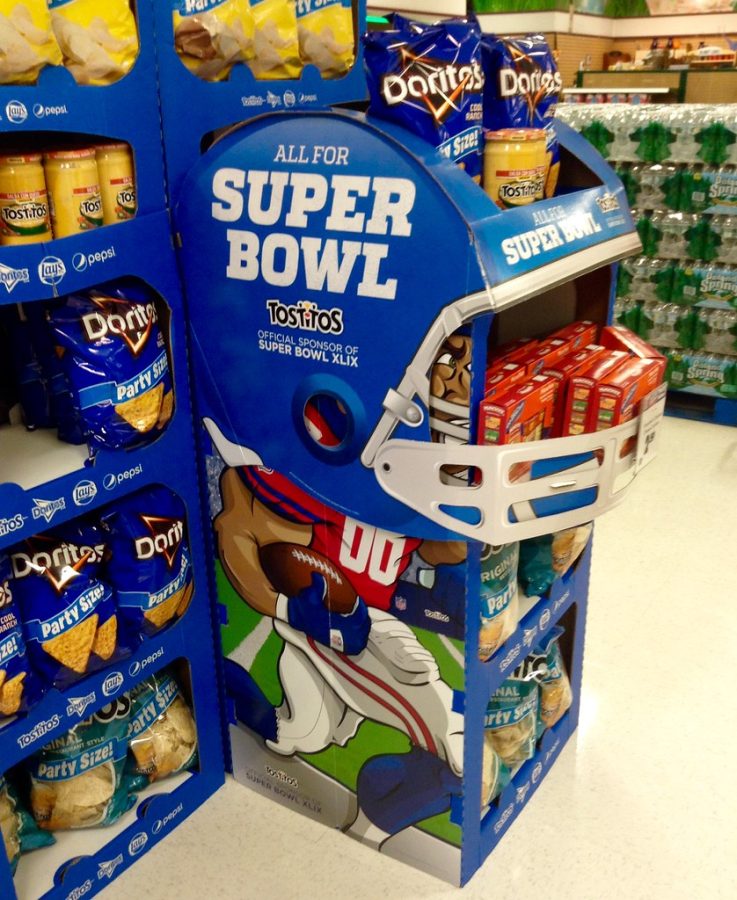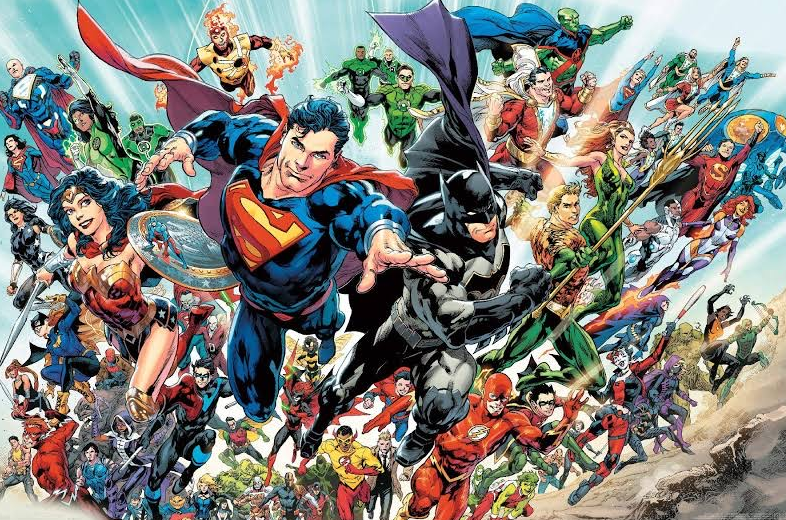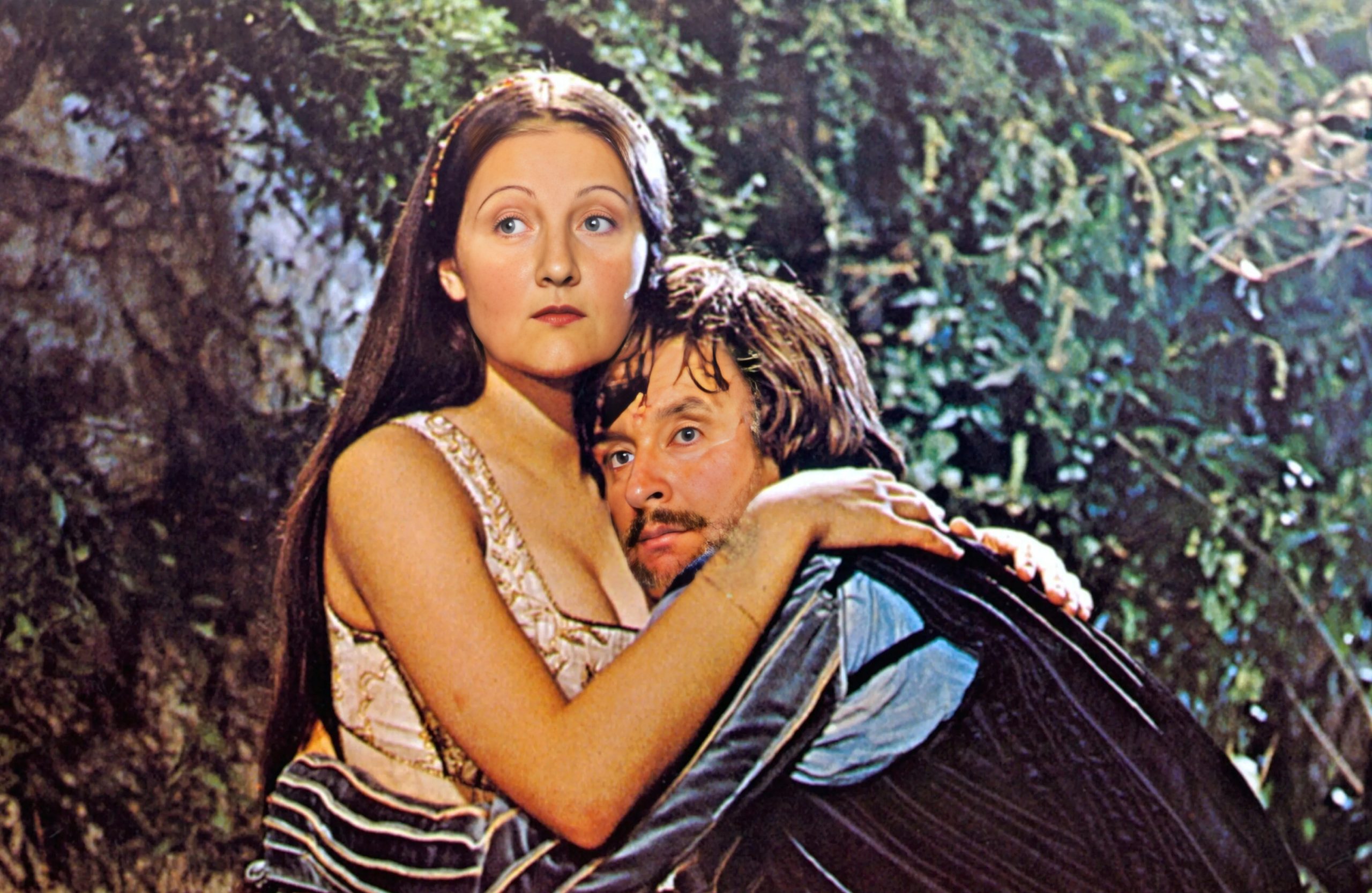Super Bowl Commercials: How Well Do They Work?
Super Bowl commercials typically boost sales for companies, who shell out big bucks for the air time.
February 8, 2022
Everyone knows the iconic Mountain Dew puppy-monkey-baby commercial which made people laugh all around the world and was talked about for weeks, if not months. Many companies dream about having a commercial this successful air during the Super Bowl because of the increase in revenue, but how well do they actually work?
These commercials can do incredible things for a company’s business, but cost a pretty penny. For Super Bowl LIV in 2020, a 30-second commercial slot in the Super Bowl cost a whopping $5.6 million, and this year, some spots have sold for as much as $6.5 million.
Most Super Bowl commercials are successful, but studies show that not all are. According to gsb.stanford.edu, Stanford researchers estimate that Budweiser brings in an extra $96 million from the success of their ads, a 172 percent return on investment. For a short time after the Super Bowl, Budweiser sales stood 15% higher in households than their competitors.
Also, Pepsi and Coca-Cola’s Super Bowl ads increased revenue by about 10%-15% per household. On the other hand, if two major competitors show their commercials during the Super Bowl, the companies will typically lose more money than they make.
According to University of Minnesota Carlson School of Management Assistant Professor Linli Xu, companies see an increase in word-of-mouth conversations by about 16% for about a month after the commercial is aired, about a 22% increase during the week after the commercial, and about a 68% increase the day of the commercial.
There are many factors that go into a Super Bowl ad that makes them successful. According to news.virginia.edu, one of those factors is entertainment. When surveyed, an overwhelming majority of consumers say that their favorite ads are the ones that entertain them. The ads that focus on “hot” or controversial topics typically do not perform well.
Another one of those factors is how relevant the brand is. Broader brands will usually perform better because they have a larger audience while those focused on very specific things will not perform as well. Furthermore, the most important factor is strategy. Many companies use tactics like using famous celebrities to endorse their brand and showing how much better one’s life would be with their product.
Many companies are gearing up for the Super Bowl to hopefully increase revenue this February. It will be interesting to see how their strategies will help or hurt their business.













Carol Brosnahan • Feb 12, 2022 at 3:06 pm
You have a very inquisitive mind, Will. I always look forward to reading your articles.
Norris Myers • Feb 8, 2022 at 5:50 pm
Great timing on this article. I will be watching this year’s Super Bowl ads with a much more strategic eye. Thanks for this new insight.